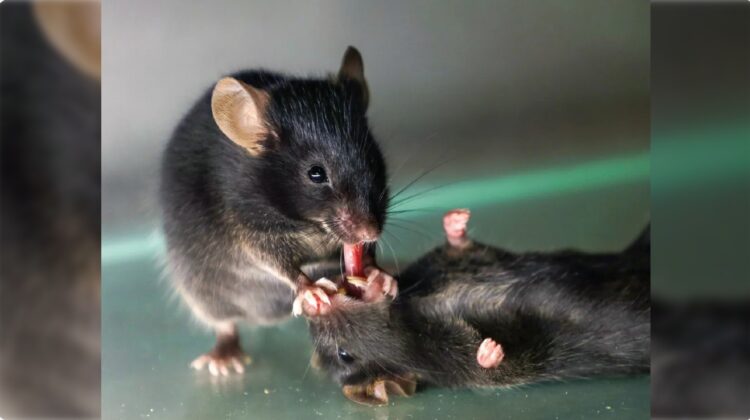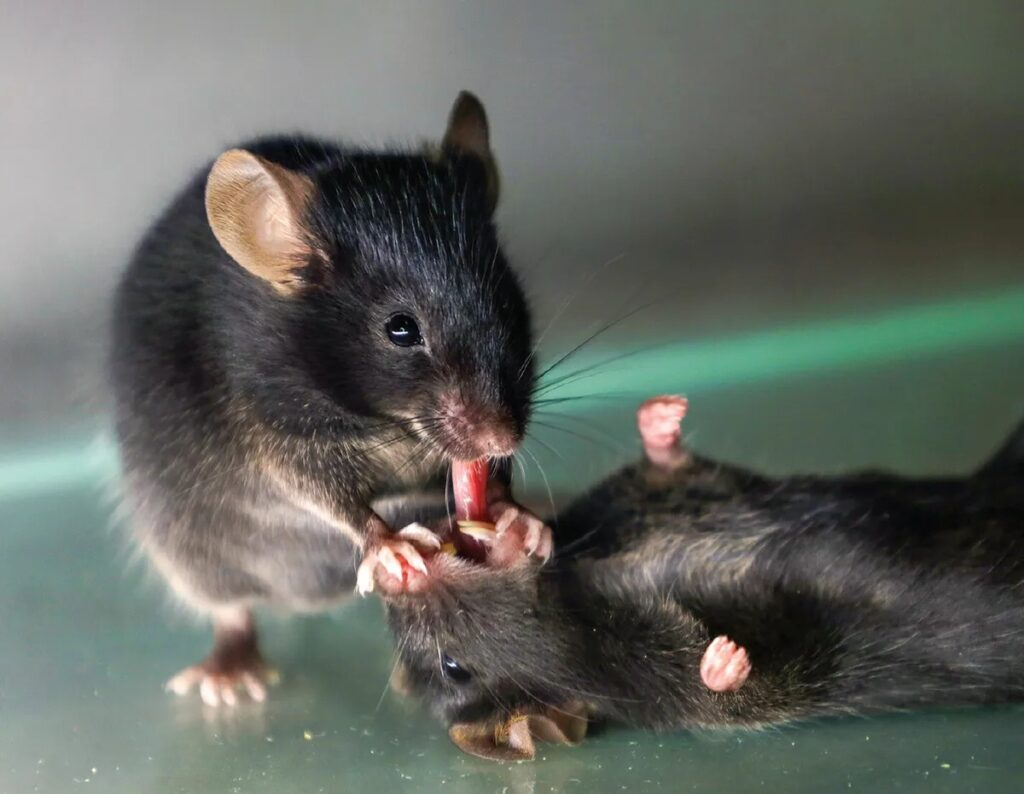
Groundbreaking Research Sheds Light on Animal Empathy and Caregiving Instincts
In a stunning new study, scientists have observed mice engaging in what appears to be life-saving first aid—licking, nudging, and even pulling the tongues of their unconscious mates in an apparent effort to revive them. This fascinating discovery raises important questions about empathy, caregiving, and instinctive emergency responses in animals.
Mice Display First Aid-Like Behavior in Laboratory Settings
Researchers placed anesthetized mice alongside their conscious partners and carefully monitored their reactions. The results were astonishing:

- The conscious mice spent over 47% of their time interacting with their unconscious partners, compared to just 5.8% when the partner was active.
- Their behaviors ranged from sniffing and grooming to biting and tugging at their mate’s tongue, possibly to clear the airway.
- In one experiment, when a foreign object was placed in the unconscious mouse’s mouth, its partner successfully removed the object 80% of the time.
Notably, mice that received this “care” woke up and regained mobility faster than those left alone.
Could Mice Be Hardwired to Help Their Own?
The study identified specific oxytocin-releasing neurons in the amygdala and hypothalamus, the brain regions associated with social bonding and caregiving behaviors. This suggests that such revival efforts could be instinctive rather than learned.
Similar behavior has been observed in other species like elephants, dolphins, and chimpanzees, hinting that helping an unresponsive group member might be a widespread survival instinct among social animals.
What This Means for Animal Research and Human Parallels
While it’s tempting to anthropomorphize these actions as rodent CPR, the study provides crucial insight into social and survival behaviors in the animal kingdom. These findings could have far-reaching implications for understanding empathy, neurological pathways, and even human emergency responses.
With additional research, scientists may uncover whether these behaviors evolved for group survival or stem from deeper emotional connections. Either way, this discovery redefines what we know about animal intelligence and caregiving instincts.

Leave a Reply